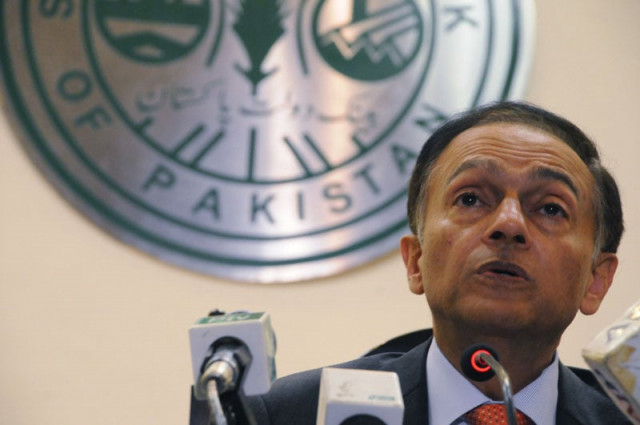We pay for their indifference
SBP has transformed into a different entity, more independent in spirit, unlikely to be cowed — at least in analysis.

The central bank makes its monetary policy announcements — where it sets the benchmark interest rates for the country — in a publicly televised address, twice a year. These have historically been rather boring pronouncements of government statistics, followed by a decision. This trend was changed by Shahid Kardar (and to some extent even by Syed Salim Raza) who used these opportunities to publicly criticise the government for their failings in fiscal management. When Anwar took over as governor, it was feared that he may be unconfrontational, and indeed his speech was far more diplomatic than that of his predecessor.
But it appears that the SBP has transformed into a different entity altogether, more independent in spirit and unlikely to be cowed — at least in its analysis — by the finance ministry.
Unfortunately for the nation and the economy, the finance ministry seems to be stubborn in its insistence on creating financial plans for the entire country, based on assumptions that could only be described as whimsical. For instance, what makes the government think that Etisalat will pay the $800 million it owes Islamabad this year, when it has not done so at any time since 2006? And this fiscal year’s budget was made after the May 2 incident: what prompted the government to count on US assistance during the upcoming year?
It was disappointing, however, to note how the energy crisis hardly got a mention from the SBP governor. The government’s failure to resolve the crisis is the single biggest reason for both the federal fiscal deficit, as well as the slow rate of economic growth in the country. The governor’s — and the government’s — silence on the matter is deafening.
Published in The Express Tribune, February 14th, 2012.


















COMMENTS
Comments are moderated and generally will be posted if they are on-topic and not abusive.
For more information, please see our Comments FAQ